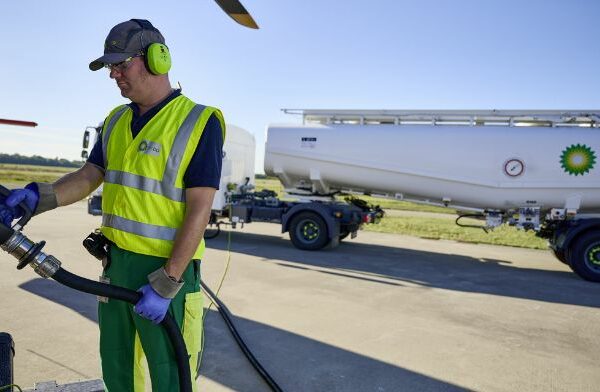“Our sector cannot afford to exit this crisis the way we entered it,” said Airports Council International (ACI) Europe President, Jost Lammers talking ahead of the EU Transport Ministerial meeting being held on 29 April. He was underlining that full and effective coordination at EU level and with industry is the single most crucial factor in the restoration of air connectivity.
“Air connectivity has essentially collapsed and with it not just tourism, but scores of other businesses relying on the physical flow of people and goods – both across the Single Market and globally. Protecting livelihoods now requires planning for how we can reconnect our communities, and that must be fully and effectively coordinated at EU level. We cannot afford to exit this crisis the way we got into it,” Lammers continued.
With airports ready to assist health and aviation authorities to conduct operations in the safest possible way for passengers and staff, Lammers highlighted the need for airports to be effectively consulted ahead of new measures being designed and adopted. He also underlined a series of key principles including the need for coherence when it comes to the operational measures that both airports and airlines will need to comply with. This, he said “means that measures must be the same or at the very least equivalent not just for the whole air transport network, but also between transport modes and across other tourism industries.”
In addition, COVID-19 related operational measures at airports will need to be risk-based, implementable, flexible , cost effective and temporary, with ACI arguing that these measures should be publicly financed since protecting health falls within the public remit.
The association has also called for a new framework to allow EU States to establish short-term ‘air connectivity restoration schemes’ to provide airlines with operating aid to restart routes considered strategic for the economic recovery. It also pointed once more to the issue of slot allocation, stating that airlines should be required to notify airports – at both ends of a route – of flight cancellations and return slots to the coordinators with a minimum of four weeks’ notice. This will allow airports to match their operations to actual traffic levels and also to attract other carriers to restore connectivity during the recovery phase.






